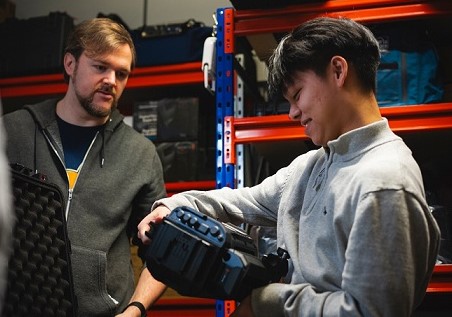Six months after its introduction, businesses remain in the dark about how best to utilise the Apprenticeship Levy, according to a survey released today (Friday) by the British Chambers of Commerce (BCC), in conjunction with Middlesex University London.
The annual workforce survey of over 1,400 businesses found that nearly a quarter (23%) of levy-paying firms have no understanding of the Apprenticeship Levy or don’t know how their company will respond to it.
Businesses with a pay-bill of less than £3m fall under the levy threshold but can still apply for apprentice funding, yet the findings of the survey show 66% of these companies haven’t taken any direct action to use the funds or don’t know about it.
For over half of levy-paying businesses, it represents an added cost, with 56% not expecting to recover any or only a portion of their payment, compared to 36% who expect to recover all or more of their payment.
The findings reinforce the need for clearer guidance and support for businesses wanting to utilise the Apprenticeship Levy. Firms, both above and below the levy threshold, are uncertain about how to use the funds to find and train the skills they need, undermining the purpose of the system.
Martin Dudley, Chief Executive of Thomas Dudley Ltd, commented: “Uncertainty leads to procrastination, and the implementation of the levy has led to a drop in apprenticeships in the short term. Neither businesses nor providers know what is going on. However, training was not previously seen by businesses as a high enough priority and providers were not talking to businesses about their needs. The levy has the potential to change this.”
Vikki Haines, Careers Enterprise Co-ordinator at the Black Country Chamber of Commerce, commented: “As a Chamber, we feel that communication has been inconsistent and businesses have found it difficult to find answers. Therefore, we are calling for robust channels of communication to be made available. In essence, businesses require greater flexibility on how they can utilise their levy monies and a system that is fully operational as quickly as possible, is simple and efficient, and that enables them to access good quality training.”
















